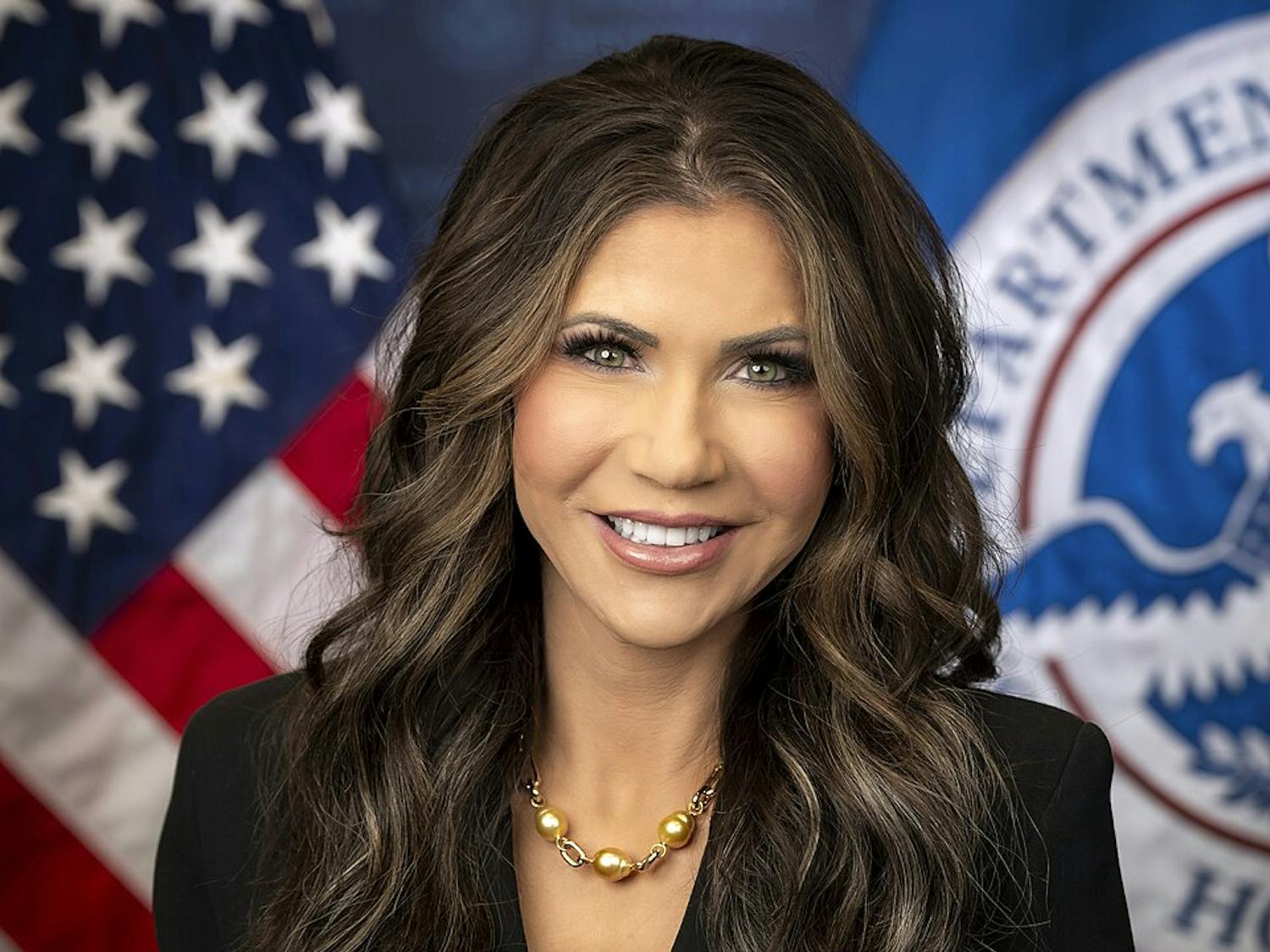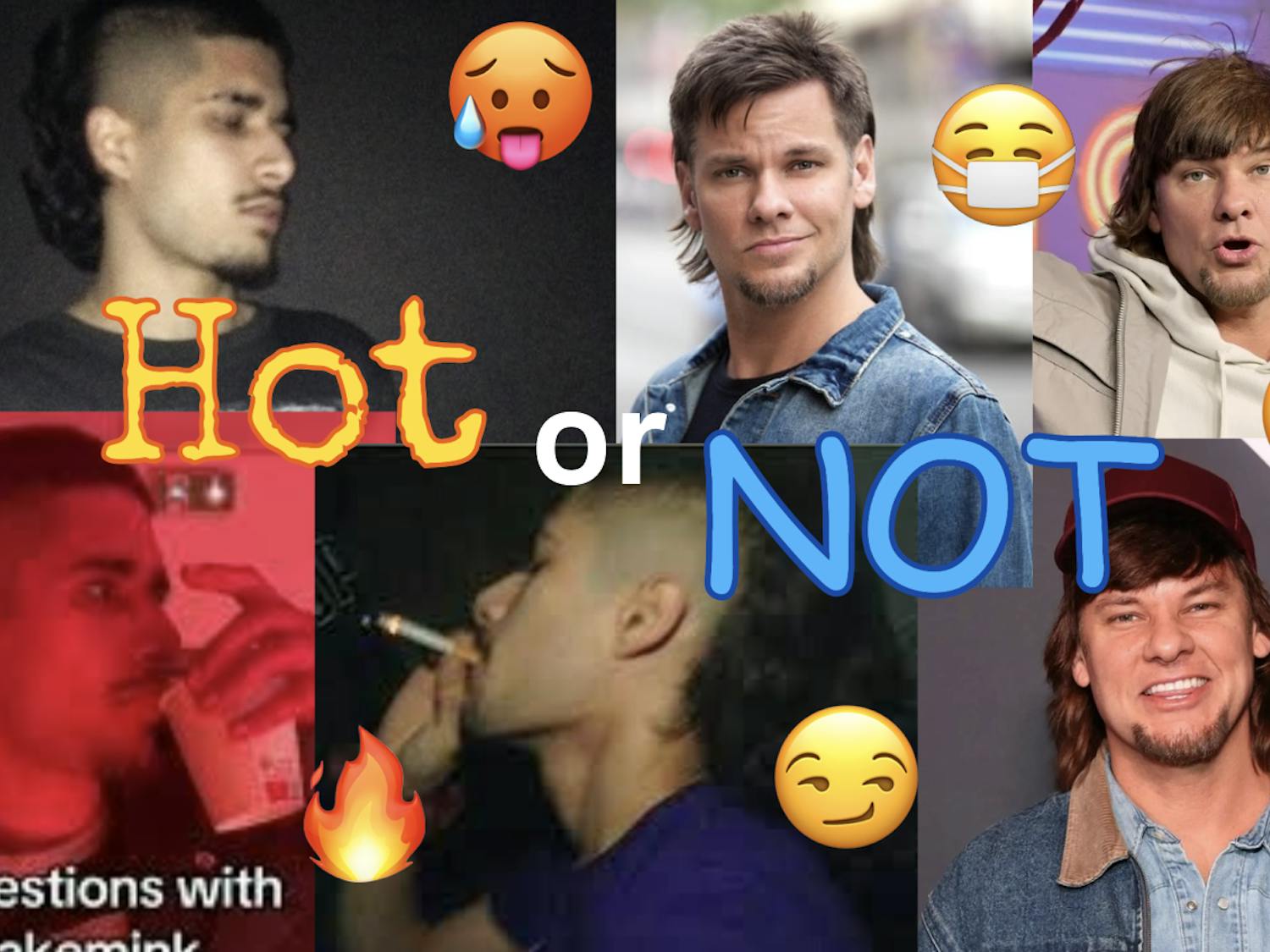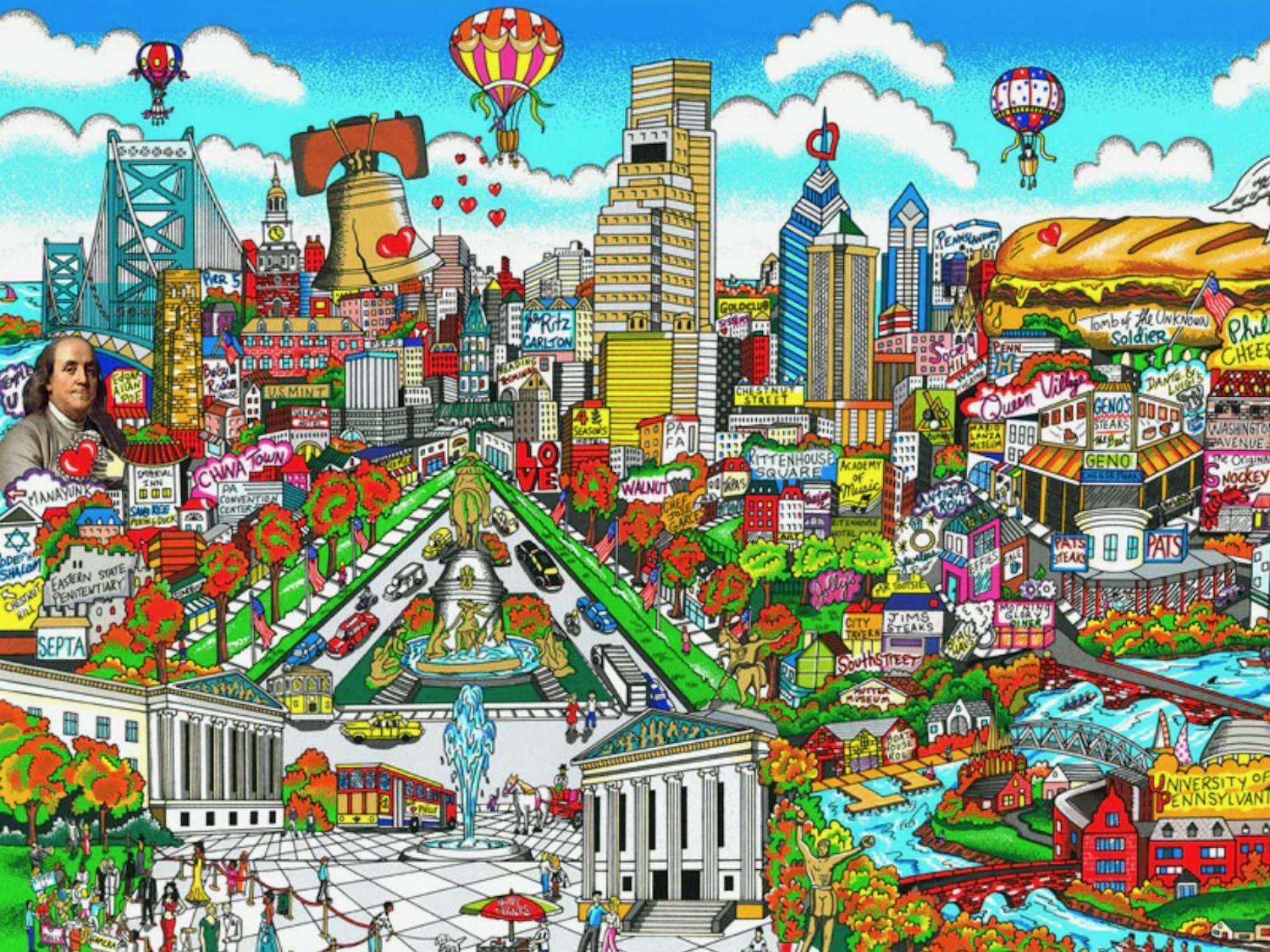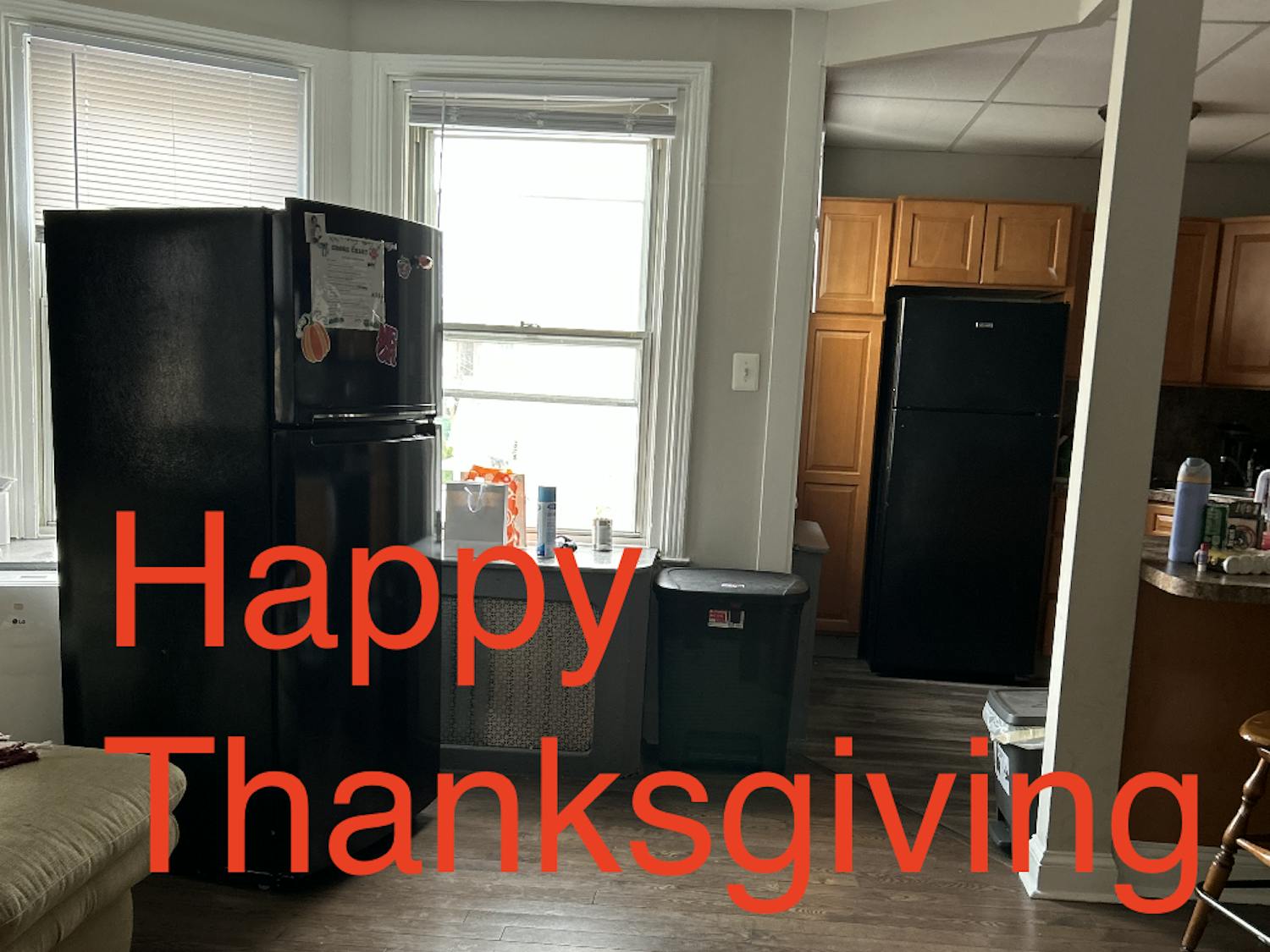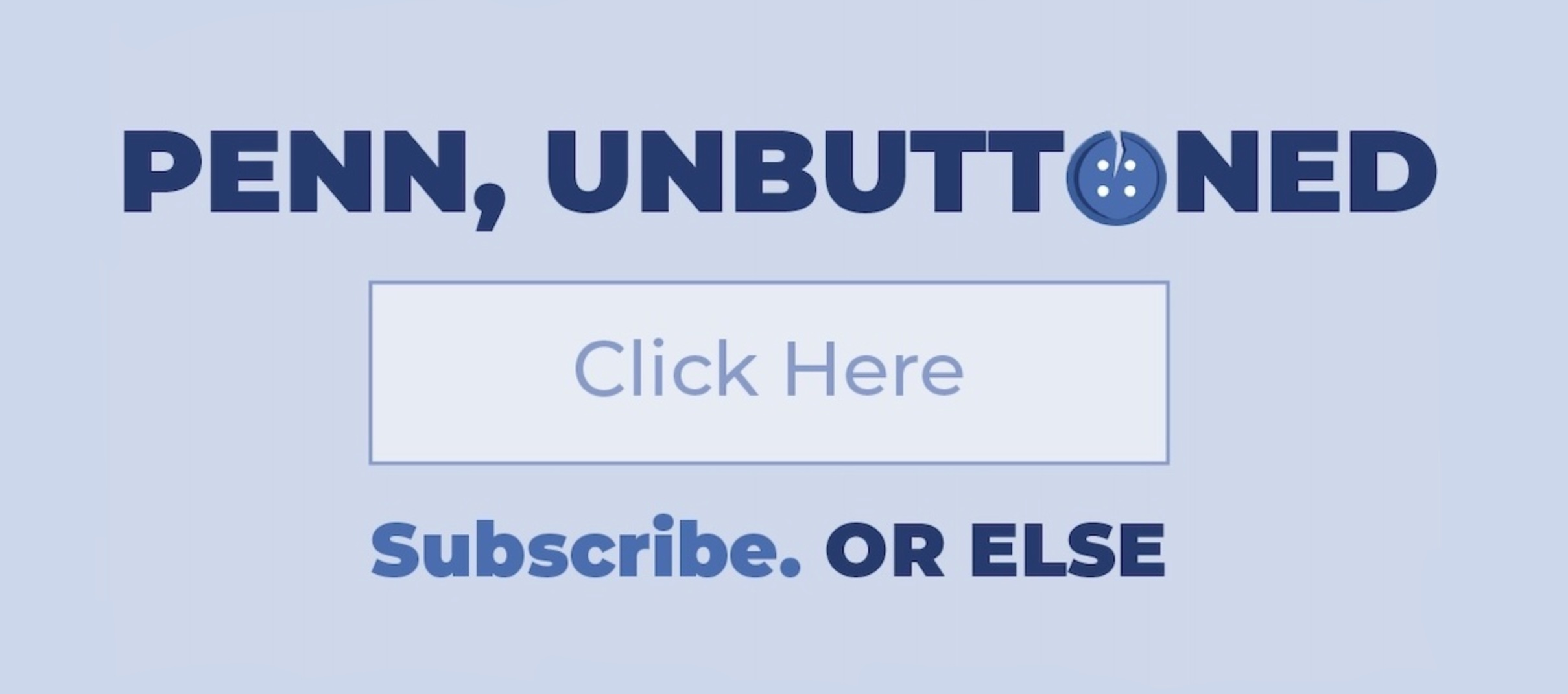From his laptop in Stockholm, Sweden, writer/composer/multimedia artist DJ Spooky (real name: Paul Miller) took some time to answer our questions about his performance at the ICA tonight. After the jump, he delves into his newly published book Sound Unbound while exploring the idea of the "collage" in the context of new media, the evolution of the DJ, and his role at the forefront of today's contemporary art world.
Under The Button: I have to admit that, as a fan of hip-hop, I find it radical that you have made a serious effort to align yourself with the contemporary art world. How do you feel about DJ culture (or hip-hop for that matter) and its relationship with contemporary art? Maybe I'm reading your work wrong and it might be false to assume it's under the genre of hip-hop all together. As a "DJ," do you get this misconception a lot? Would sound artist be a more appropriate title? I'm interested to know how you feel you're taking the DJ/turntable aesthetic and pushing it into the contemporary culture landscape.
DJ Spooky: I think it's really, really, really strange that the art world has such difficulty understanding the connection between electronic music and cultural production. Of course, if I was doing "rock" it would probably be no problem. But "Nooooo," hip hop is too complex, too current, and too multicultural for the normal art world. It never ceases to amaze me that people have such difficulty in the normal art world about this. Christian Marclay, Sonic Youth, Bjork - "art rock" etc. is no problem for them... But if I do something it "raises issues" etc., It's really weird. It's time for "art hip-hop", "art techno," whatever... It's the way we live now.
Anyway...
I started DJ'ing as an art project that focused on collage narrative. Simple and direct. I did not think my DJ'ing would be "popular" but it became popular. I guess a lot of the response to my work has been accidental - I never thought I'd be "DJ'ing," but basically putting material that was made from the collage process into the "normal" art discourse. [...] I really don't see them as separate. My work looks at text: text made from fragments of found sound, found visual material, and found written materials. My new book Sound Unbound [on MIT Press] focuses on this kind of stuff as well.
UTB: As someone who primarily works with sound, what are your thoughts on the changing music industry? As someone who spends as much time buying albums and going to shows as time spent downloading otherwise inaccessible music, I know its a two-sided coin. Do you think this "free" culture and missions like Creative Commons, open-source technology and an increased accessibility to music and technology have made things better for yourself and individuals in our generation? Bedroom remixing and new forms of appropriation are becoming pervasive and may have reached a tipping point. Where do you think this might head to?
DJ Spooky: It's all connected. I like to think that the process of sampling is about collision between the expected and unexpected results of collage: it's a process that has made an entire generation of musicians, software engineers, code writers, and yes, normal artists, free from the constraints of how older genres limited the way people could perceive their work. As a composer, I make material that is unapologetically complex, and as an artist much of my work is an essay on the kind of lyrical form of poetry and music combined with the fine arts. Multi-media, the digital arts, and a sense of interconnectedness are what drives my inquiry into how creativity can evolve in an information based world like ours. I want people to think about music and art with an eye towards literature's invisible hold on how we tell stories. Is a song an art piece? Can art be a text? Can a film foster a sense of transcendence? Entropy of form, instability, transience, and above all - a possibility that art can say, simply - another world is possible. These are things that linger in my mind when I engage the creative act. I never, ever, ever want people to think that life is simple. It is not. My participation in Donald Ododita's project at The ICA echoes the work of Ellison the trumpet player and composer-in-training who became a writer. It's kind of like mental software - it's a kind of Ellisonian equipment for those deciding not only to shun the noise but to live with the momentum implied in jazz music and electronic music's inheritance from all forms of complex human expression. Like they used to say - "It don't mean a thing if it ain't got that swing..." Lawrence Lessig [founding board member of Creative Commons] is a big hero of mine because he gives people a different perspective on what copyright means in the era of relentless connectivity. In hip hop, it's just called keeping true to the "street" - but for me, the new streets are the web, and the connected commons of things like mix tapes, graffiti that moves along systems of messages (networks can be train systems or fiber optic cables... you just have to adjust perspective). Again: it's all connected.
UTB: On that point, what are your thoughts on the rise of "new media"? It's obviously a loaded term that gets thrown around without much thought as to its real meaning, but with the convergence of media increasing at an alarming pace, it seems only expected that this term has increased in popularity. Do you think new media is beneficial on the whole, or are we losing something as this process races past us without much analysis? Would you say that your work, given its multidisciplinary nature and collaborations with writers, musicians and filmmakers, falls under the umbrella of "new media"?
DJ Spooky: It's all about "concept." To me, everything is connected. Sound is writing, writing is music, music is art. It's all about composition. So the basic idea is to get people out of the 20th century mentality where everything was broken into separate components like a factory. Today, we are all factories - I rip-mix-burn CD's and DVD's every day, all the time. A couple of years ago I would have had to go to some kind of factory. The way we've consolidated production tools allows the DJ metaphor to really move to the forefront - it all becomes linked to selection instead of the production of physical goods. You gotta remember the 20th century was all about mass production, and economies of scale. The 21st century is about mass customization. My book explores that kind of thing. What have computers done to us? My book is about sound art, digital media, and new compositional strategy. It has essays from Brian Eno, Steve Reich, Chuck D, Moby, Pierre Boulez, Saul Williams, Bruce Sterling, Jonathan Lethem, among others. The audio companion has rare material Allen Ginsberg, James Joyce, Ryuichi Sakamoto, Jean Cocteau, Gertrude Stein, Liam Gillick, Trilok Gurtu, Sun Ra, George E. Lewis, Aphex Twin, Sonic Youth, Philip Glass, Iggy Pop, to name a few. I was really interested in how much I could squeeze out information from radically different sources, like a mix-tape. It's just another kind of shareware. "Popular" software are just operating systems that let people look at the "interface" of a process that they can share with their community. So you move from Web 1.0 type issues of "privacy" and anonymity to Web 2.0 issues of intensive social space. The music industry isn't even at Web 1.0 - they still think everyone will pay for music. That's a wrong headed approach, and it's costing them a fortune! New media is leveling the playing field - artists like Damien Hirst are utterly bound to perception of the market value of their works
UTB: You have a new book out called Sound Unbound. Can you tell me how that book came together? It seems like its a long time in the making, and you are taking on a pretty daunting task in trying to explore the history of digital music and sound recording, and the ways in with different methods have combined to offer new creative outlets for musicians and composers. How did you decide to tackle it and in what ways was it a success? What are somethings you think might have been left our and may be worth mentioning as other places we should explore when discussing the book's topic?
DJ Spooky: My first book Rhythm Science book was all about how we can think of mix culture as a kind of pan-humanist kind of scenario. Software is culture now. The new software has really democratized the creative process - you have to think that almost anything you do will be involved in some kind of network - whether its on-line collaborative filters like last.fm and Amazon.com's recommendation services, or that you will have people remixing and doing the whole "rip-mix-burn" scenario. A lot of musicians from the old mentality are really into the idea of something staying "the same" - the new mentality is to say that anything, and everything, will always change. And that's OK. The creative act mirrors the tools that are used to create the music. That's OK. The composer is faced with learning a different kind of literacy. Again: that's OK. That's what my second book Sound Unbound looked at. It's 36 essays by people like the senior Legal Counsel for Google (who wrote the essay about copyright law), Moby talking about what it was like to sample black voices, Erik Davis on dub and technology. Chuck D about the media environment, or Pierre Boulez and Saul Williams... Steve Reich and Cory Doctorow [from Boing Boing] wrote the introduction.
UTB: You have a new multimedia project called Terra Nova (any relation to the Burrough's book Nova Express?). What was your first thought when you arrived there? What about the Antarctic environment compelled you to make this work? In what ways was it similar to your past multimedia projects, and in what ways did it challenge you to move beyond your past works?
DJ Spooky: Burroughs was and still is an inspiration, but when you look at what the Beat Poets responded to - hyper-conformity, mass man, and the Cold War, we have a lot of things to think about in the 21st century. Has the "war on terror" replaced the Cold War? What is the artist response to this kind of thing? I can't really answer these questions, but I think art is a good place to start.
Yeah, the world is getting wilder and wilder while other kinds of things keep in decline - there are species and languages (literally - LANGUAGES! you know, people who speak dead languages...), that are dying every day. My material links this kind of stuff to the fact that we're also pro-creating new forms and artificial scenarios that can never replace that lost nature. My film projects explore this kind of thing - Earlier this year I went to Antarctica to shoot a film about the sound of ice.
All I can say is this: who owns the ice? Who owns the environment? What happens if all aspects of intellectual property are assigned "value" - I think we need to find a reasonable middle ground. Copyright limits are meant to encourage creativity. Instead, what is happening in the U.S. is simply that corporations are extending copyright far and beyond anything reasonable. The backlash is that people will have a totally irreverent attitude towards copyright law. Your average kid is into the whole "rip-mix-burn" type scenario. Because they've been conditioned by the networks that undergird our information society. All I can say is that this is just the beginning. What happens in the near future when information itself is like the environment? Will we treat it like a scarce resource like oil, or like something that is meant to be a community resource - like water? Water or oil - the choice is ours.
UTB: What can we look forward from you in the future?
DJ Spooky: Wild stylz!!
DJ Spooky performs at the Institute of Contemporary Art tonight (October 1st, 2008) at 8 p.m. Free.

